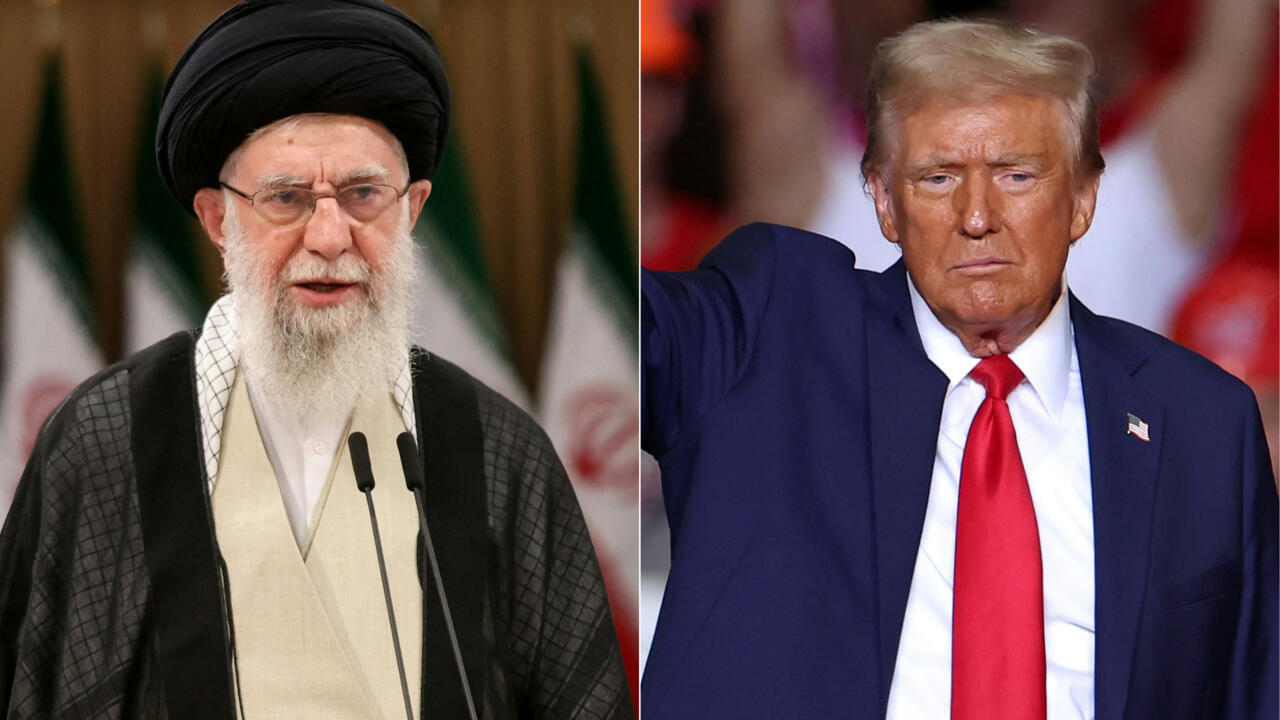Fears and Hopes
Fears and Hopes
As the negotiations between Iran and the United States are set to take place on April 12 in Oman, Reuters has reported on the outlook of these talks from the perspective of Iranian citizens. Reuters writes that Iranians, weary of years of sanctions and concerned about U.S. threats of military action, are hopefully following the weekend negotiations, which have boosted the stock market and increased the value of the currency.
The focus of the Oman negotiations is addressing the long-standing dispute between Iran and the West over the Islamic Republic’s nuclear program, although Iranian officials are skeptical about progress in this area, and U.S. President Donald Trump has repeatedly threatened that if no agreement is reached, Iran will be bombed.
Pessimistic about the Future
Many of the Iranians Reuters spoke to by phone are pessimistic about the future, but even the slim chance of an agreement with an unpredictable U.S. president, who often boasts about his negotiation skills, has made some people somewhat optimistic.
Donald Trump announced the news of these negotiations on Monday, April 7. The value of the Iranian currency, which had fallen to its lowest level of 105,000 tomans per U.S. dollar, slightly strengthened on Tuesday, dropping below 100,000 tomans. The Tehran stock exchange grew by 2.16% on Tuesday, its best performance since January, as investors moved from safe havens of gold and foreign currency to domestic stocks.
This market grew by another 1.1% in early Wednesday trading.
In the decades following the February 1979 revolution, Iran has had tense relations with Western powers and other major countries, especially since 2003 when the dispute over Tehran’s uranium enrichment program came into focus.
Amir Hamidian, a retired government employee in Tehran, told Reuters, ‘We have suffered from this conflict for years. It’s time to end this deadlock. We want a normal life without hostility, especially without economic pressure.’ He, a father of three with a monthly salary equivalent to $120, added, ‘I don’t want my country to be bombed. Life has become much more expensive than before, and my purchasing power is decreasing day by day.’
Four Iranian officials told Reuters in March that despite its harsh rhetoric, the clerical regime of the Islamic Republic is forced to agree to negotiations out of fear that the worsening economic situation might lead to protests.
Economic experts believe that lifting sanctions could reduce import costs and strengthen export prices for Iranian companies, but cautious investors, amid uncertainty about the outcome of the planned Saturday negotiations, are banking on short-term bets.
Anxiety among Iranians
Many ordinary Iranians, who have witnessed repeated futile efforts to resolve the deadlock between Iran and the West, do not have much faith in the outcome of the negotiations. Minoo, a 32-year-old homemaker and mother of two in Isfahan, is pessimistic about the outcome of the negotiations.
She said, ‘No agreement will be reached. There is a huge gap between the parties.’
Trump intends to bomb us. What should we do? Where should we go?
I have withdrawn all my savings from the bank to have cash at home in case of an attack by the U.S. or Israel on Iran.
Donald Trump has put a return to the policy of maximum pressure on Tehran on his agenda, a strategy that in his first presidential term from 2017 to 2021 led to oil export sanctions and a collapse of Iran’s economic indicators, although Tehran has found ways to evade sanctions.
Iranian President Masoud Pezeshkian has repeatedly said that the sanctions have made the country’s economic problems even more challenging than during the Iran-Iraq war in the 1980s. Mahsa, a 22-year-old university student in the city of Sari, said, ‘I am worried to death. Enough is enough, just reach an agreement and end our misery.’
Iranians have held periodic nationwide protests since December 2017 in response to poor living standards, calling for regime change.
However, some hardliners have faith in Ayatollah Ali Khamenei, the Supreme Leader of the Islamic Republic, who has the final say on the country’s affairs within the complex power structure of the Islamic Republic. Mohammad Amin Hosseini, a 27-year-old from Mashhad, said, ‘The Supreme Leader is fully aware of the situation and will get us out of the problems. Whatever decision he makes, we will support it.’

